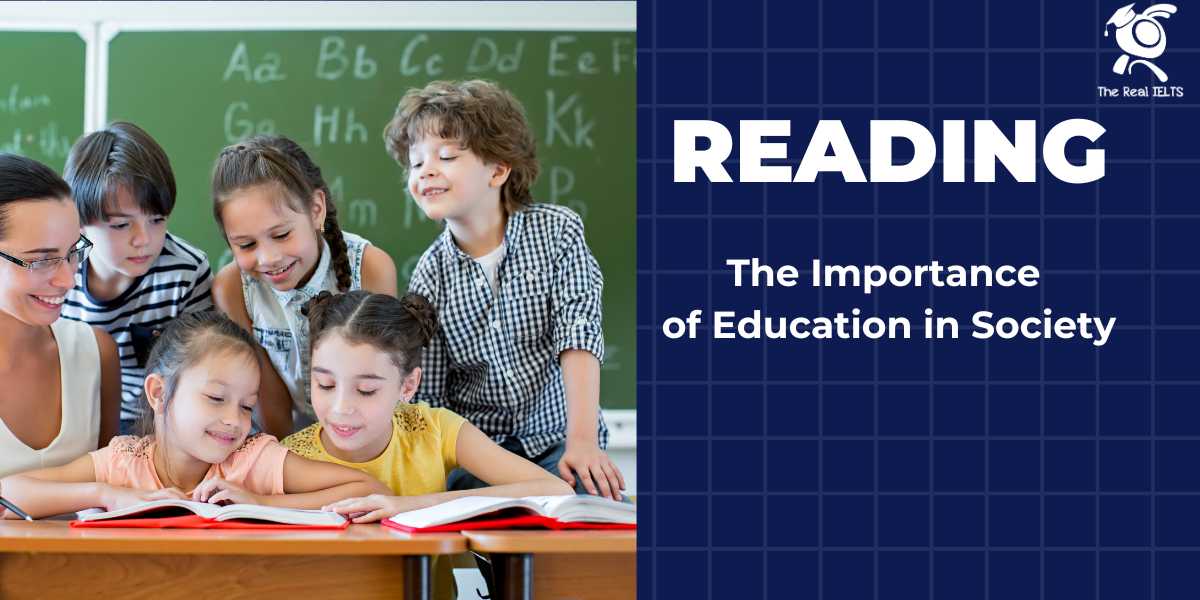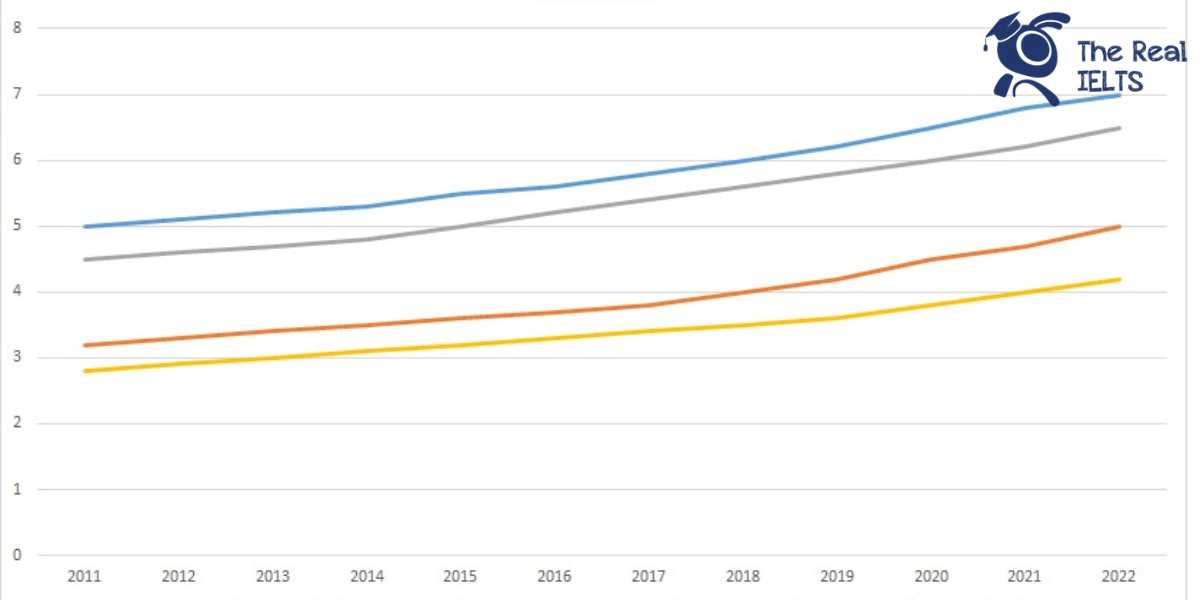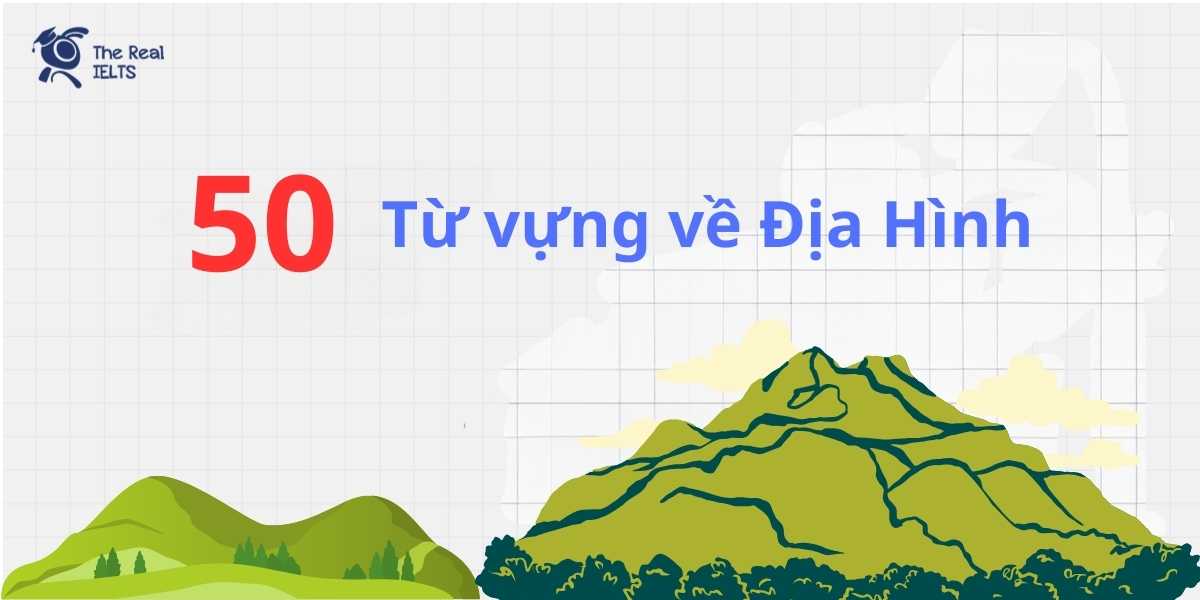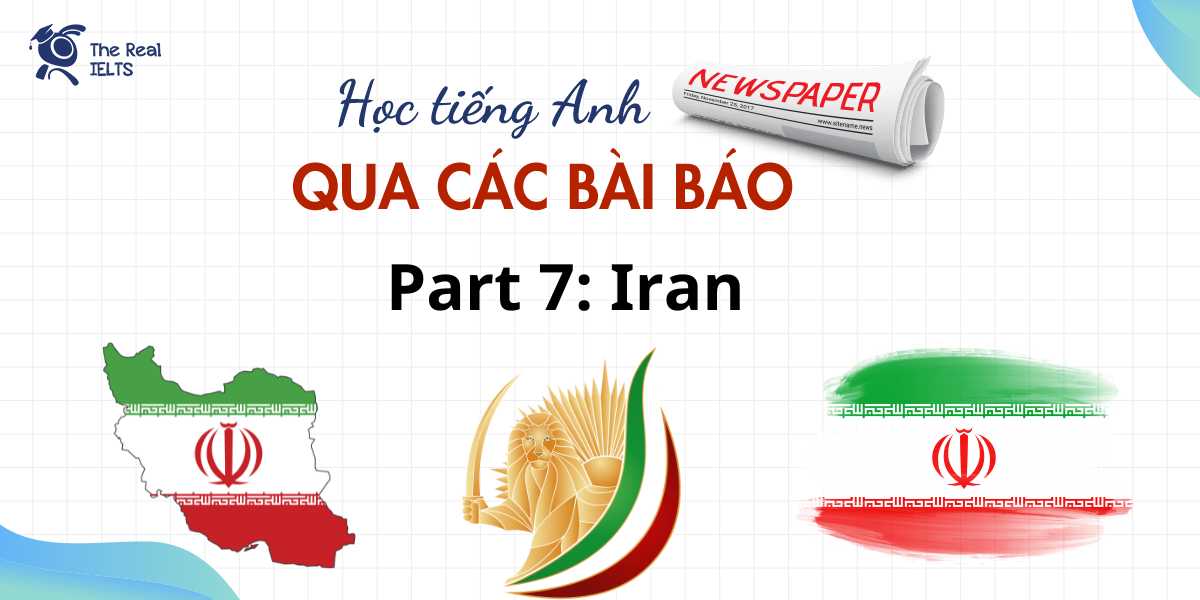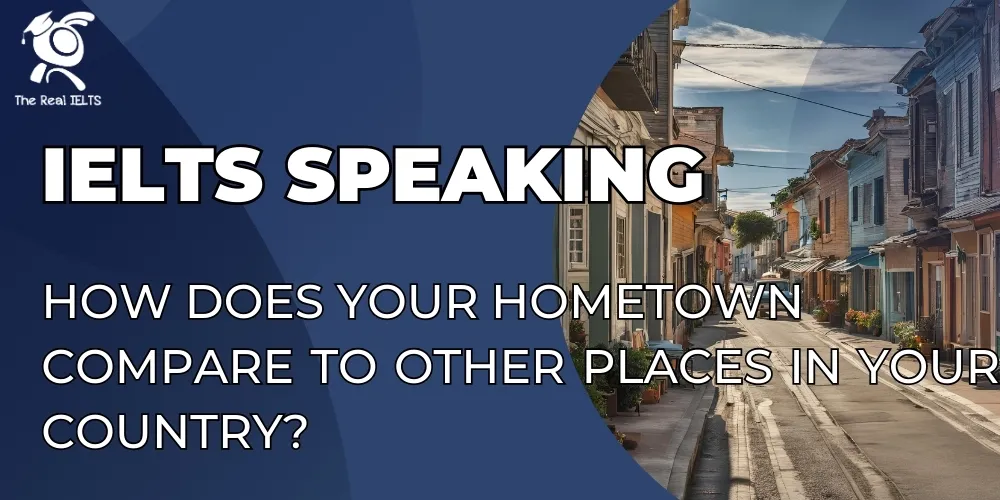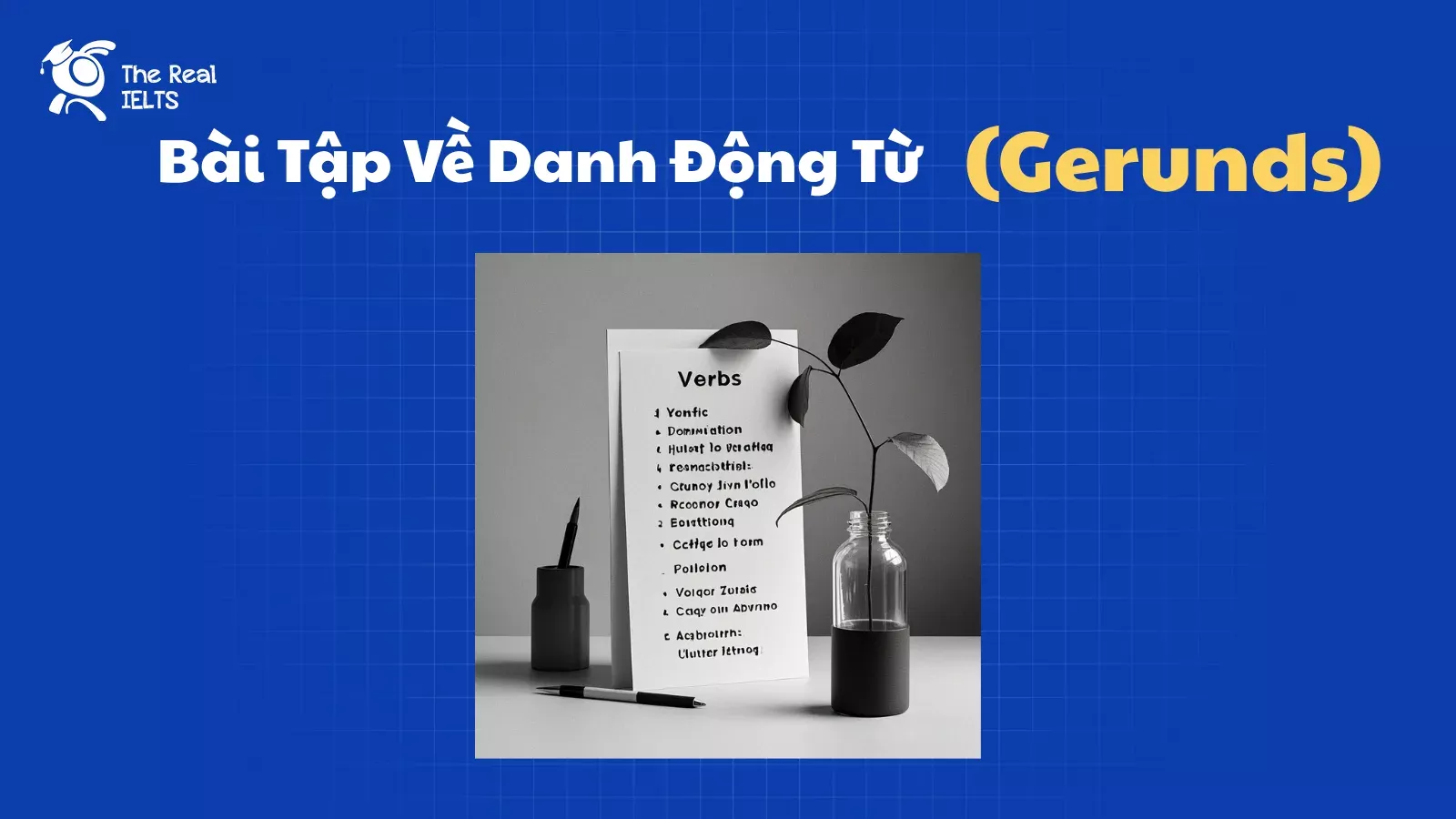Chủ đề về Giáo dục (Education) là chủ đề được nhiều bài thi khai thác ở nhiều khía canh. Trong bài Reading lần này chủ đề là tầm quan trọng của giáo dục trong xã hội: The Importance of Education in Society.
The Crucial Role of Education in Society
Education serves as the cornerstone of societal development and progress, playing a pivotal role in shaping individuals, communities, and nations. Its significance transcends mere academic knowledge, encompassing a spectrum of skills, values, and perspectives that are essential for personal growth and societal advancement.
Firstly, education equips individuals with the necessary knowledge and skills to navigate the complexities of the modern world. In today’s rapidly evolving global landscape, technological advancements, economic shifts, and social transformations demand a workforce that is adaptable, innovative, and well-informed. Education provides the foundation upon which individuals can build expertise in various fields, enabling them to contribute meaningfully to society and thrive in a competitive environment.
Moreover, education fosters critical thinking and problem-solving abilities, empowering individuals to analyze information critically, evaluate arguments, and make informed decisions. In an era inundated with misinformation and fake news, the ability to discern truth from falsehood is paramount. By nurturing a culture of inquiry and rationality, education cultivates citizens who are equipped to engage constructively in public discourse, uphold democratic principles, and safeguard the integrity of information.
Furthermore, education plays a crucial role in promoting social cohesion and fostering a sense of community. Through classrooms, extracurricular activities, and shared learning experiences, individuals from diverse backgrounds come together to collaborate, empathize, and appreciate each other’s perspectives. Education serves as a vehicle for promoting social justice, equality, and inclusivity, challenging prejudices and stereotypes, and promoting understanding and respect for cultural diversity.
Additionally, education is instrumental in addressing pressing global challenges, such as poverty, inequality, and environmental degradation. By raising awareness, promoting sustainable practices, and fostering a sense of global citizenship, education empowers individuals to become agents of positive change in their communities and beyond. Through education, individuals acquire the knowledge, skills, and ethical values necessary to contribute to the advancement of society and the preservation of our planet for future generations.
In conclusion, education is not merely a means to acquire knowledge but a transformative force that shapes individuals and societies. Its importance cannot be overstated, as it empowers individuals, promotes social cohesion, and addresses global challenges. As we strive to build a more just, prosperous, and sustainable world, investing in education remains paramount. Only through education can we unlock the full potential of individuals and societies, paving the way for a brighter future for all.
Question
- What are some of the key ways in which education contributes to societal development and progress?
- How does education empower individuals to navigate the complexities of the modern world?
- What role does critical thinking play in education, and why is it important in today’s society?
- How does education promote social cohesion and inclusivity within communities?
- In what ways does education address pressing global challenges, such as poverty, inequality, and environmental degradation?
- Why is investing in education considered crucial for building a brighter future for individuals and societies?
- Can you provide examples of how education has been used as a tool for promoting social justice and equality?
- How does education contribute to the development of a sense of global citizenship among individuals?
- What are some potential consequences of neglecting investments in education, both at the individual and societal levels?
- How can governments and organizations ensure equitable access to quality education for all members of society?
Gợi ý trả lời
- Education contributes to societal development and progress by equipping individuals with knowledge and skills, fostering critical thinking, promoting social cohesion, addressing global challenges, and empowering individuals to become agents of positive change.
- Education empowers individuals to navigate the complexities of the modern world by providing them with the necessary knowledge and skills to adapt to technological advancements, economic shifts, and social transformations.
- Critical thinking plays a crucial role in education by enabling individuals to analyze information critically, evaluate arguments, and make informed decisions. In today’s society, where misinformation is prevalent, critical thinking skills are essential for discerning truth from falsehood.
- Education promotes social cohesion and inclusivity within communities by providing opportunities for individuals from diverse backgrounds to come together, collaborate, and appreciate each other’s perspectives.
- Education addresses pressing global challenges, such as poverty, inequality, and environmental degradation, by raising awareness, promoting sustainable practices, and fostering a sense of global citizenship among individuals.
- Investing in education is crucial for building a brighter future for individuals and societies because it unlocks the full potential of individuals, promotes social justice and equality, and enables societies to address current and future challenges effectively.
- Education has been used as a tool for promoting social justice and equality through initiatives such as affirmative action programs, inclusive curriculum development, and outreach efforts to marginalized communities.
- Education contributes to the development of a sense of global citizenship among individuals by promoting cross-cultural understanding, empathy, and awareness of global issues.
- Neglecting investments in education can have detrimental consequences, including widening socioeconomic disparities, hindering economic growth and innovation, exacerbating social tensions, and limiting opportunities for individuals to reach their full potential.
- Governments and organizations can ensure equitable access to quality education for all members of society by implementing policies and programs that address barriers to access, such as poverty, discrimination, and lack of infrastructure, and by investing in teacher training, curriculum development, and educational resources.
Phần song ngữ
The Crucial Role of Education in Society
Vai trò quan trọng của Giáo dục trong Xã hội
Education serves as the cornerstone of societal development and progress, playing a pivotal role in shaping individuals, communities, and nations. Its significance transcends mere academic knowledge, encompassing a spectrum of skills, values, and perspectives that are essential for personal growth and societal advancement.
Giáo dục đóng vai trò chủ chốt trong sự phát triển và tiến bộ của xã hội, đó là nền móng quan trọng giúp hình thành cá nhân, cộng đồng và quốc gia. Sự quan trọng của nó vượt ra ngoài việc chỉ thu thập kiến thức học thuật, bao gồm một loạt các kỹ năng, giá trị và quan điểm cần thiết cho sự phát triển cá nhân và tiến bộ của xã hội.
Firstly, education equips individuals with the necessary knowledge and skills to navigate the complexities of the modern world. In today’s rapidly evolving global landscape, technological advancements, economic shifts, and social transformations demand a workforce that is adaptable, innovative, and well-informed. Education provides the foundation upon which individuals can build expertise in various fields, enabling them to contribute meaningfully to society and thrive in a competitive environment.
Đầu tiên, giáo dục trang bị cá nhân với kiến thức và kỹ năng cần thiết để điều hướng qua các vấn đề phức tạp của thế giới hiện đại. Trong bối cảnh thế giới đang phát triển nhanh chóng ngày nay, sự tiến bộ về công nghệ, sự dịch chuyển kinh tế và sự biến đổi xã hội đòi hỏi một lực lượng lao động linh hoạt, sáng tạo và thông tin. Giáo dục cung cấp nền tảng để cá nhân có thể xây dựng chuyên môn trong các lĩnh vực khác nhau, giúp họ đóng góp ý nghĩa vào xã hội và thị trường lao động.
Moreover, education fosters critical thinking and problem-solving abilities, empowering individuals to analyze information critically, evaluate arguments, and make informed decisions. In an era inundated with misinformation and fake news, the ability to discern truth from falsehood is paramount. By nurturing a culture of inquiry and rationality, education cultivates citizens who are equipped to engage constructively in public discourse, uphold democratic principles, and safeguard the integrity of information.
Hơn nữa, giáo dục khuyến khích tư duy phê phán và khả năng giải quyết vấn đề, trao quyền cho cá nhân phân tích thông tin một cách phê phán, đánh giá lập luận và ra quyết định có hiểu biết. Trong một thời đại tràn ngập thông tin sai lệch và tin giả, khả năng phân biệt sự thật và sự giả mạo là vô cùng quan trọng. Bằng cách nuôi dưỡng một văn hoá của sự hỏi han và lý trí, giáo dục phát triển công dân có khả năng tham gia xây dựng ý kiến công cộng một cách tích cực, gìn giữ nguyên tắc dân chủ và bảo vệ tính toàn vẹn của thông tin.
Furthermore, education plays a crucial role in promoting social cohesion and fostering a sense of community. Through classrooms, extracurricular activities, and shared learning experiences, individuals from diverse backgrounds come together to collaborate, empathize, and appreciate each other’s perspectives. Education serves as a vehicle for promoting social justice, equality, and inclusivity, challenging prejudices and stereotypes, and promoting understanding and respect for cultural diversity.
Hơn nữa, giáo dục đóng vai trò quan trọng trong việc thúc đẩy sự hòa nhập xã hội và tạo ra một cảm giác cộng đồng. Qua các lớp học, các hoạt động ngoại khóa và các trải nghiệm học tập chung, cá nhân từ các nền văn hóa khác nhau đến với nhau để cùng nhau hợp tác, cảm thông và đánh giá những quan điểm của nhau. Giáo dục là phương tiện để thúc đẩy công bằng xã hội, bình đẳng và sự bao hàm, đấu tranh với định kiến và kỳ thị, và tôn trọng sự đa dạng văn hóa.
Additionally, education is instrumental in addressing pressing global challenges, such as poverty, inequality, and environmental degradation. By raising awareness, promoting sustainable practices, and fostering a sense of global citizenship, education empowers individuals to become agents of positive change in their communities and beyond. Through education, individuals acquire the knowledge, skills, and ethical values necessary to contribute to the advancement of society and the preservation of our planet for future generations.
Hơn nữa, giáo dục có vai trò quan trọng trong việc giải quyết các thách thức toàn cầu bức ra, như nghèo đói, bất bình đẳng và suy thoái môi trường. Bằng cách tăng cường nhận thức, khuyến khích các thực hành bền vững và nuôi dưỡng một tinh thần công dân toàn cầu, giáo dục trao quyền cho cá nhân trở thành những nhà hoạt động tích cực trong cộng đồng của họ và xa hơn nữa. Thông qua giáo dục, cá nhân thu thập kiến thức, kỹ năng và giá trị đạo đức cần thiết để đóng góp vào sự phát triển của xã hội và bảo vệ hành tinh của chúng ta cho thế hệ tương lai.
In conclusion, education is not merely a means to acquire knowledge but a transformative force that shapes individuals and societies. Its importance cannot be overstated, as it empowers individuals, promotes social cohesion, and addresses global challenges. As we strive to build a more just, prosperous, and sustainable world, investing in education remains paramount. Only through education can we unlock the full potential of individuals and societies, paving the way for a brighter future for all.
Tóm lại, giáo dục không chỉ là phương tiện để học kiến thức mà còn là một lực lượng biến đổi hình thành cá nhân và xã hội. Sự quan trọng của nó không thể bị đánh giá quá cao, vì nó trao quyền cho cá nhân, thúc đẩy sự hòa nhập xã hội và giải quyết các thách thức toàn cầu. Khi chúng ta cố gắng xây dựng một thế giới công bằng, phồn thịnh và bền vững hơn, đầu tư vào giáo dục vẫn là điều cần thiết. Chỉ thông qua giáo dục, chúng ta mới có thể mở khóa tiềm năng toàn diện của cá nhân và xã hội, mở đường cho một tương lai tươi sáng hơn cho tất cả mọi người.
Đọc lại bài cũ: Reading Skill Part 8: Mental Health Awareness.


